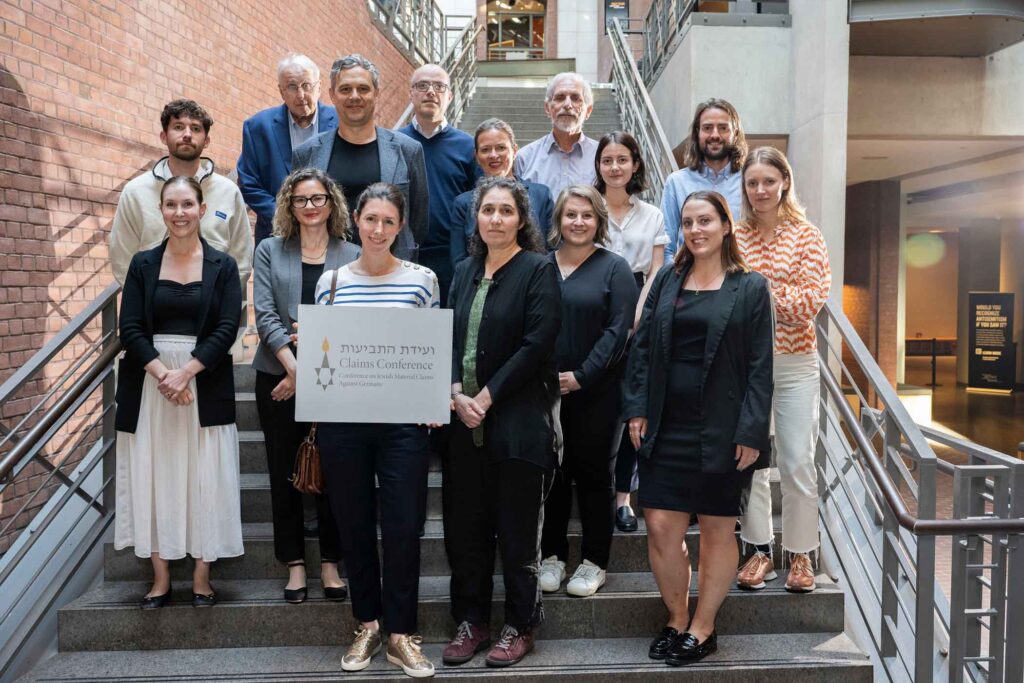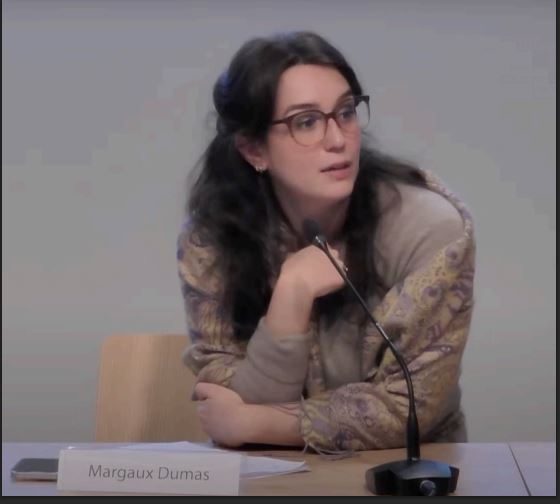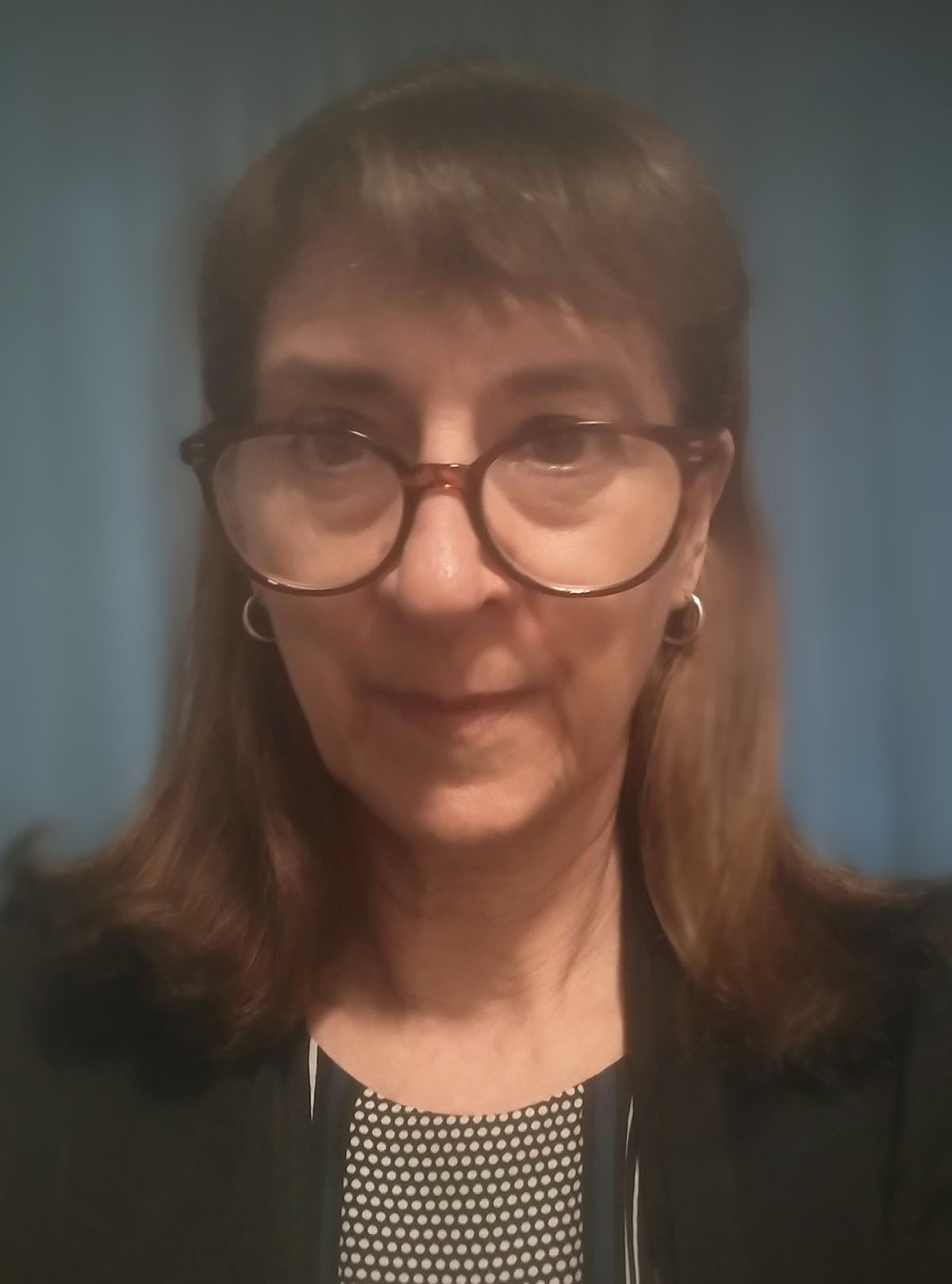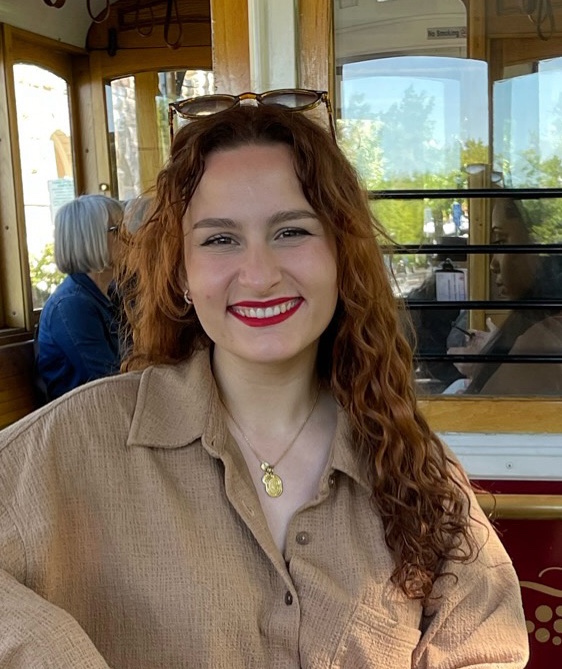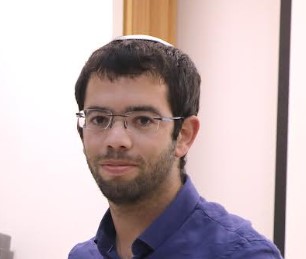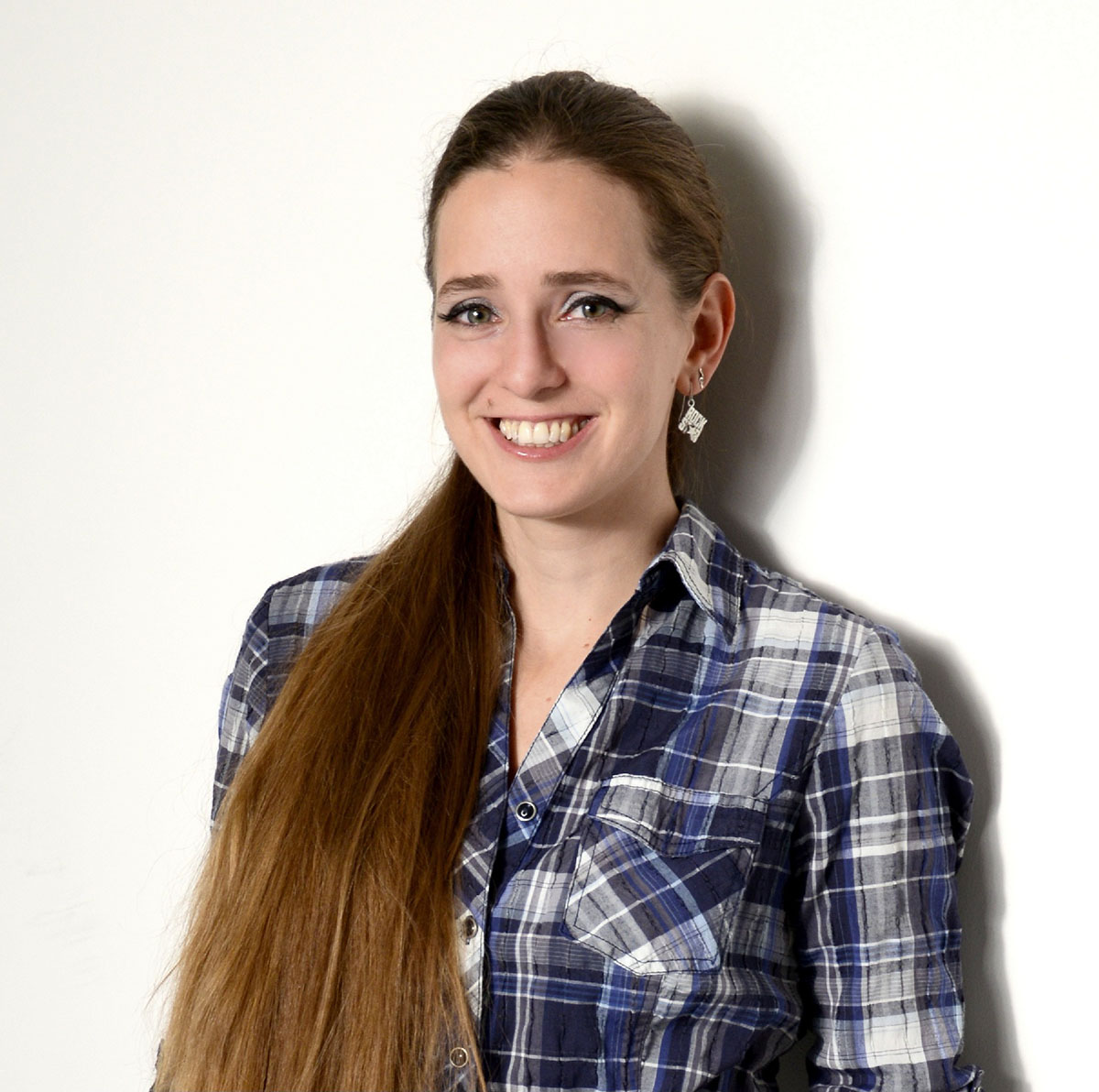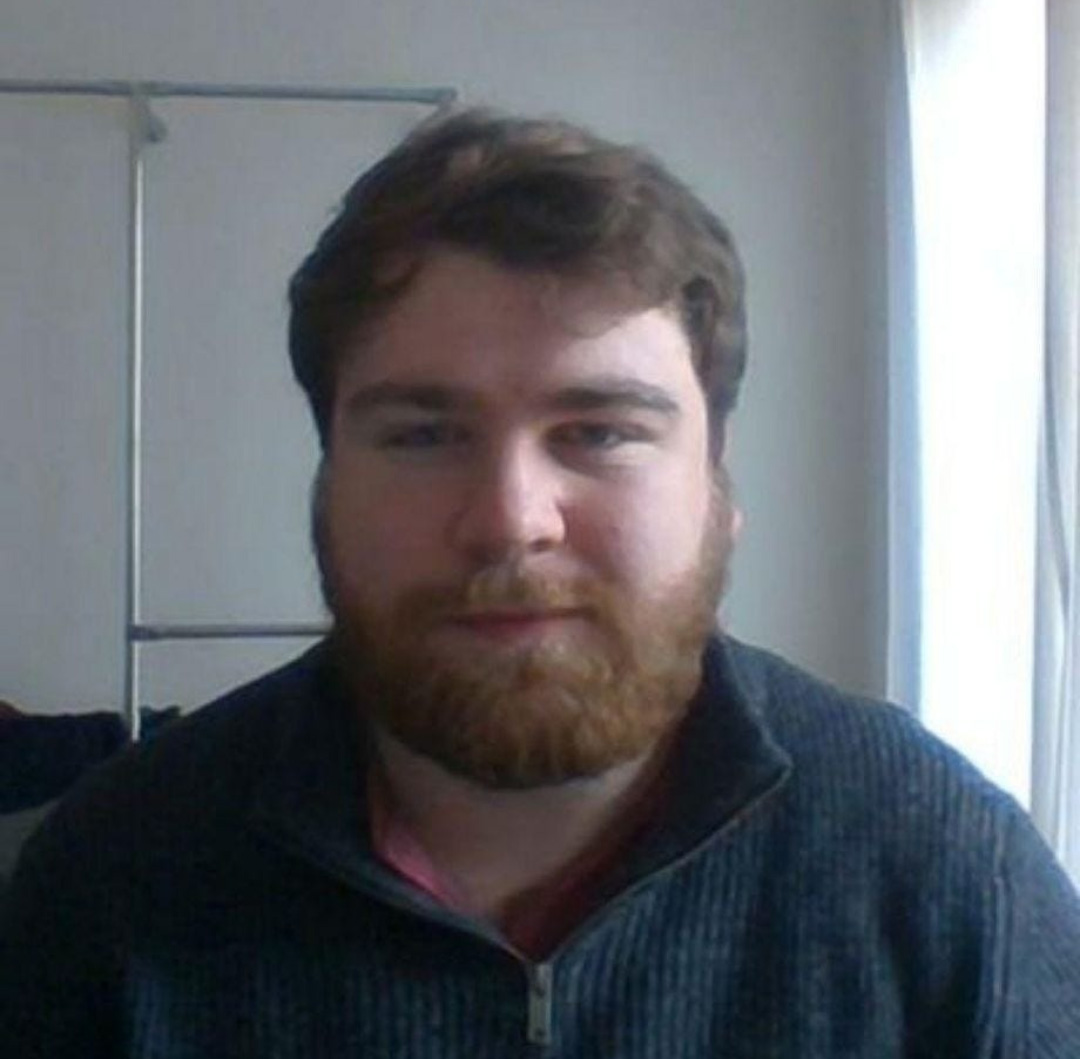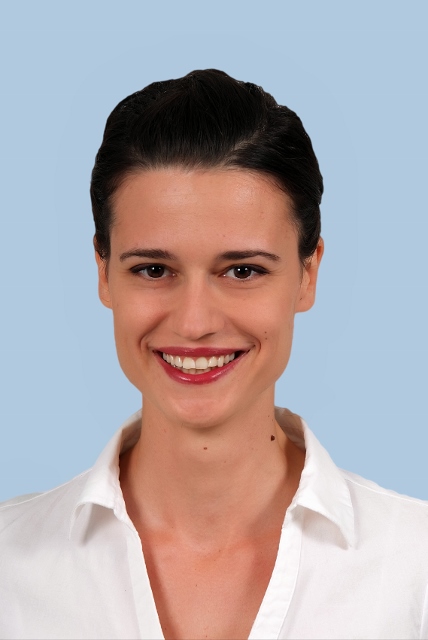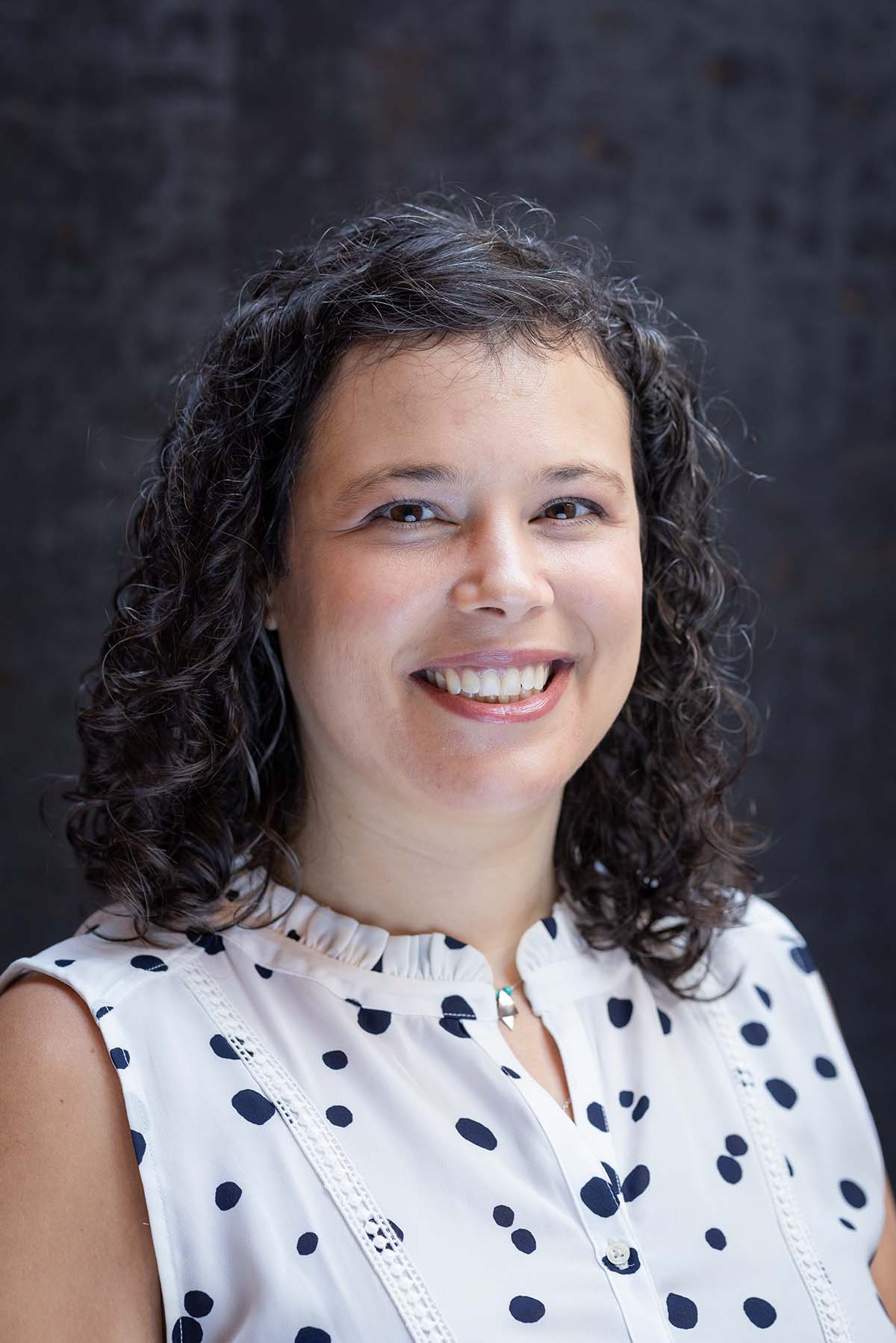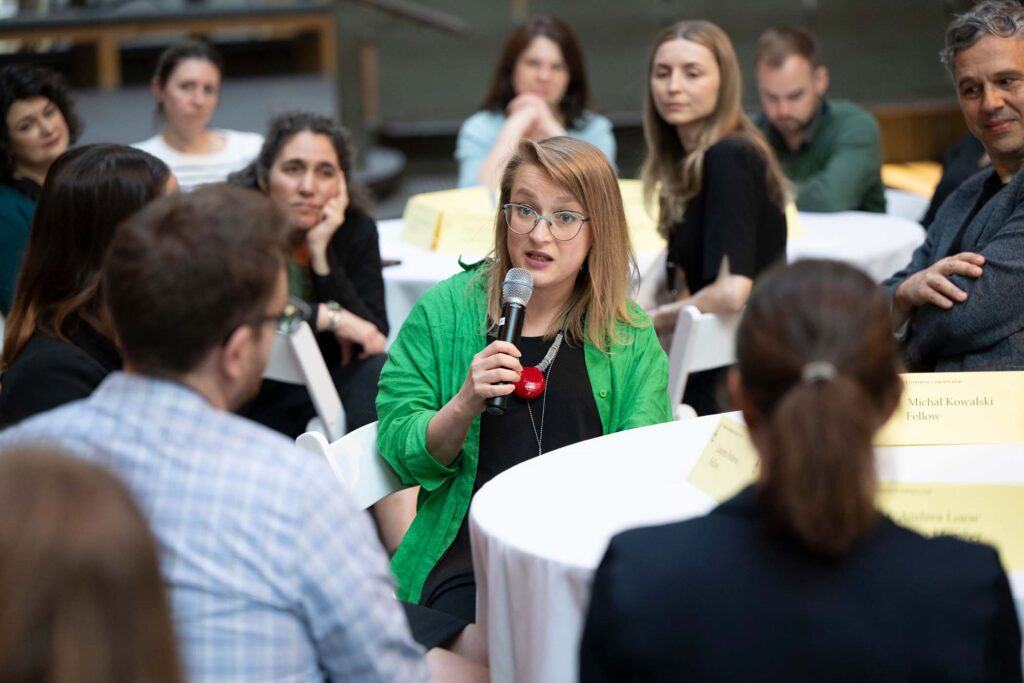
Applications for Kagan Fellowships are open!
Submissions are due by January 9, 2026.
Meet Cohort XVII
Program Background
The Claims Conference Saul Kagan Fellowship in Advanced Shoah Studies is an international program that supports Ph.D. and Post-doctoral students focusing on Holocaust research. The Kagan Fellowship program funds research and writing, allowing scholars to travel to Holocaust-related archives, many of which have not been closely examined by other researchers.
Originally named The Shoah Teacher Fellowship Program, the fellowship was funded by the Claims Conference Board of Trustees in June 2003. The Fellowship Program began funding Ph.D. students in 2008 and was named after Saul Kagan, Claims Conference Executive Vice President Emeritus, in July of 2010. The program was expanded in 2013 to include the funding of Post-doc candidates.
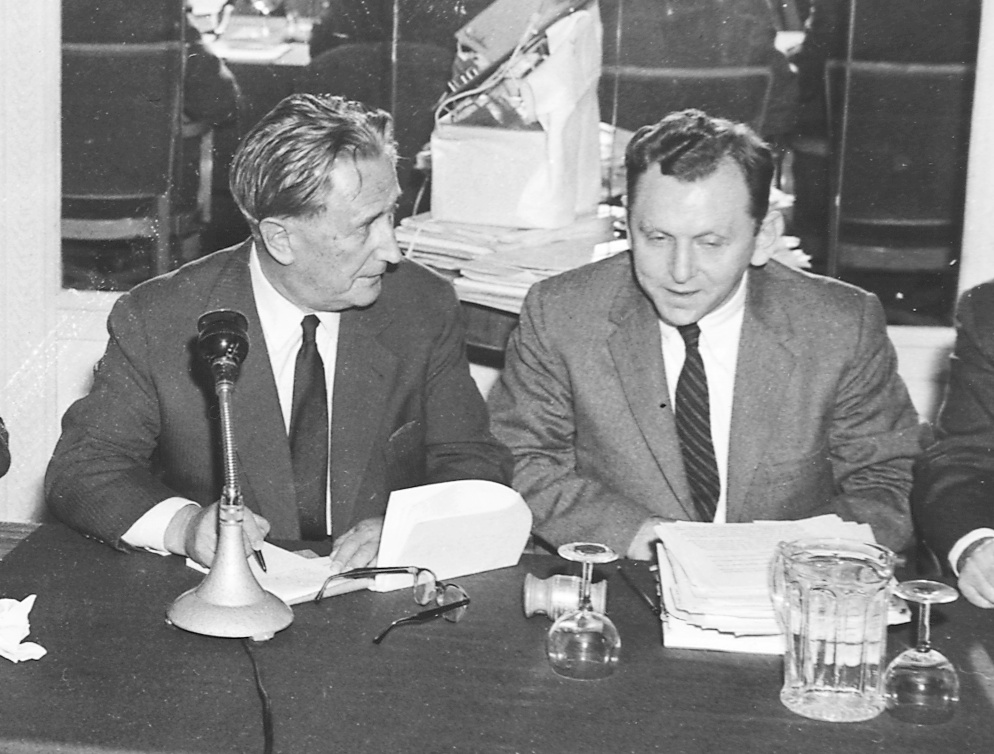
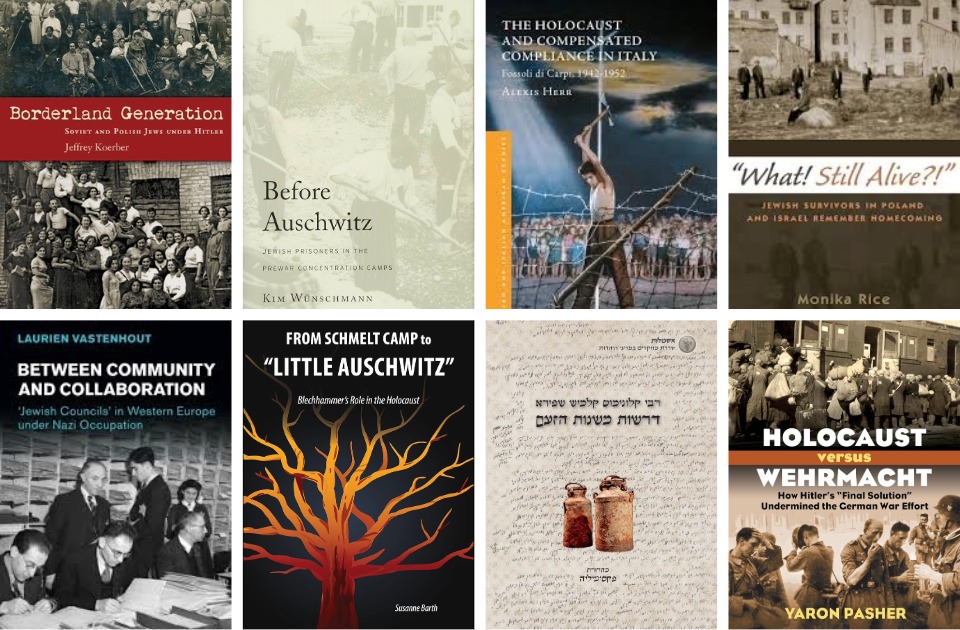
Publications
Examples of publications and scholarship by previous Kagan Fellows. The Kagan Fellowship program funds research and writing, allowing scholars to travel to Holocaust-related archives, many of which have not been closely examined by other researchers.
Academic Workshop
The academic workshop is held annually in the summer, alternating venues between the U.S. Holocaust Memorial Museum in Washington, D.C., and Yad Vashem in Jerusalem. During the workshop, Kagan Fellows present their works-in-progress, obtain feedback on their projects, network with peers and established scholars, and conduct research at key archives.
